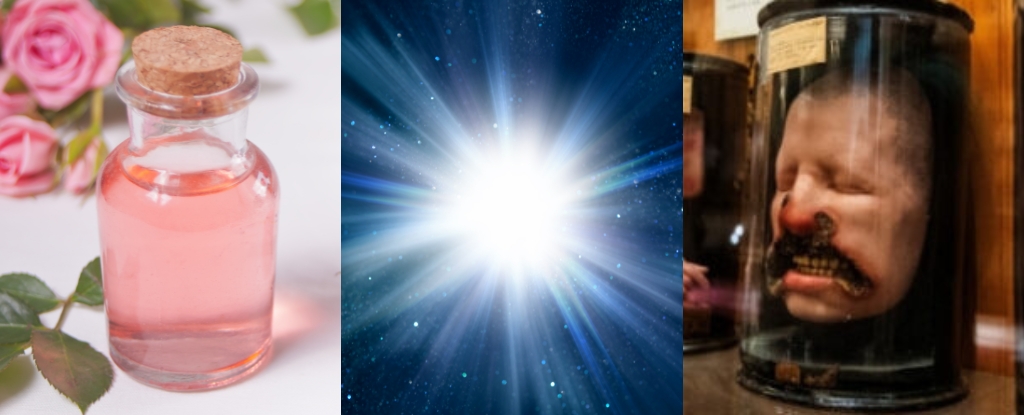This week in science: The US puts together new guidelines for blood pressure; sections of the seafloor found to be strangely upside down; the brightest radio flash ever detected; and much more!
The Mütter medical museum in the US will no longer accept donations of unidentified human remains, due to ethical concerns:
“After two years of controversy over how to ethically exhibit human remains, the Mütter Museum announced last week it has changed its policy to ‘contextualize’ and de-anonymize its collection.”
Read the full story here.

Wearing a rose scent oil for a month increased brain volume of participants in a new study, compared to those not wearing a scent.
“This study is the first to show that continuous scent inhalation changes brain structure,” write the researchers in their published paper.
Read the full story here.

Medical institutions in the US have updated the guidelines for high blood pressure, with a focus on prevention and earlier intervention.
The updated guidelines replace a previous revision conducted in 2017, and are a joint effort from the American Heart Association (AHA), the American College of Cardiology (ACC), and other respected institutions in the US.
Read the full story here.

Giant chunks of the seafloor have been found ‘upside down’ in the North Sea, with younger, denser layers sinking below older, lighter ones.
These vast sand mounds pile atop structures known as sinkites, the result of a process called stratigraphic inversion, and never before have they been found in such large numbers.
Read the full story here.

The CHIME radio telescope has detected the brightest radio flash of all time, coming from a galaxy 130 million light-years away.
It has been named the RBFLOAT, or radio-brightest flash of all time (also known as the Root Beer FLOAT, because astronomers like to amuse themselves that way).
Read the full story here.

The microbes in your gut have been linked to insomnia, with some types increasing the risk and others reducing it.
What’s more, the relationship appears to go both ways: poor sleep can disrupt the gut’s microbial balance, creating a feedback loop that could make insomnia harder to shake.
Read the full story here.
